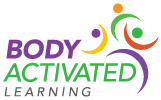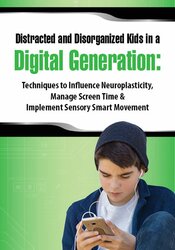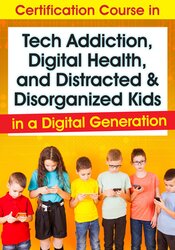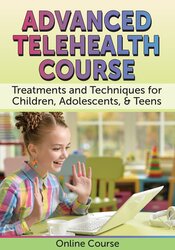BODY ACTIVATED LEARNING
FOR PROFESSIONALS
Ready to advance your career? Earn continuing education credits by completing one of these courses taught by Aubrey Schmalle, OTR/L
Continuing Education Courses
through Theramoves Services, LLC
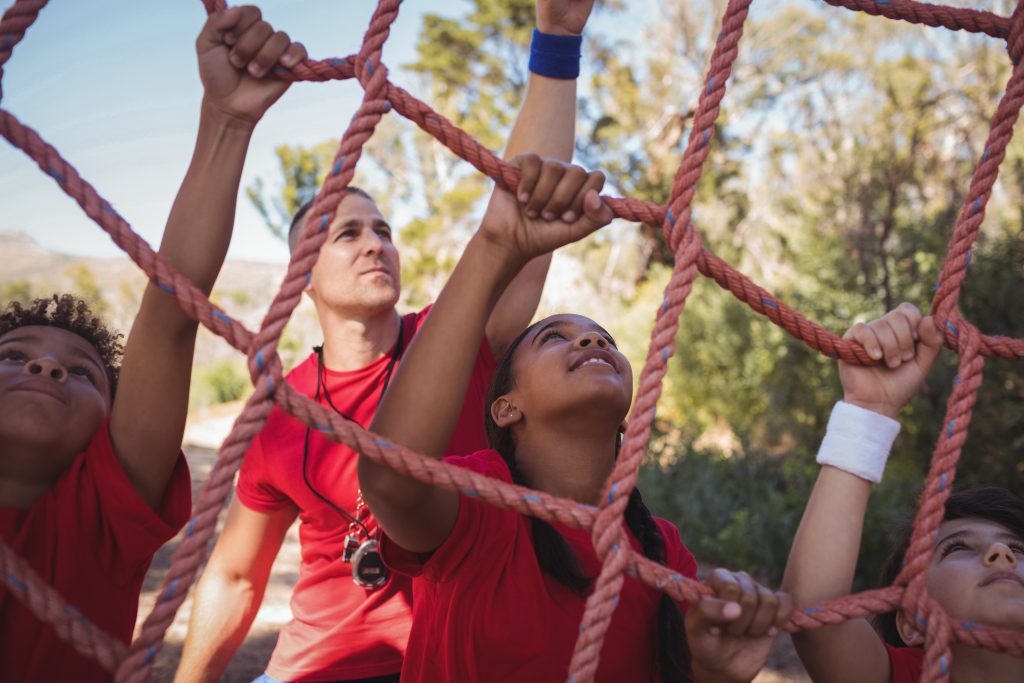
Monday, June 9, 2025
8:00am - 2:30pm EDT
Beyond Motor Planning: Techniques for Assessing, Treating and Managing Praxis Deficits in School
As therapists, we often talk about motor planning and executive function as if they are two separate deficits rather than discussing the motor foundations and building blocks of executive function skills. As we consider the whole child and ability to participate in the school environment, our role extends beyond writing or navigating the school to participation in the hidden curriculum - daily routines, social activities, independent task completion, and materials management integral to a student’s ability to develop learning habits and adapt to the ever-increasing demands of the learning environment as children grow. Building praxis skills allows a student to act and interact with the environment more effectively, achieve greater independence, and reduce dependence on external supports for task completion. In this course, you will learn how praxis skills are an integral part of that process. By the end of this course, you will have a framework for assessing, treating, and managing praxis deficits within the school environment. In a digital world with increasing neurodiversity, being able to identify and address praxis deficits allows you to bring insights to your team that lead to better educational support plans and focused treatment strategies.
Helping Horrible Handwriting: Interventions to Improve Graphomotor Skills When Formal Programs Fall Short
While children are commonly referred for occupational therapy in school due to deficits in handwriting, children with multiple diagnoses and delays present a unique challenge for therapists. Each child presents with a variety of barriers to learning how to write that often are not measured by a visual motor test or fine motor assessment. In this course, “Helping Horrible Handwriting: Interventions to Improve Graphomotor Skills When Formal Programs Fall Short” you will learn how to determine foundation deficits impacting writing and design effective interventions to support neurosensory integration for improved outcomes. You will also learn about specific dysgraphia symptom clusters and strategies for effective treatment planning, taking a whole-body approach to improving legibility and automaticity.
Body Activated Learning:™ A New Framework for Sensory Diets and Treatment Planning for Kids Living in a Screen-Based World
Neurologically diverse children growing up in a screen-based world struggle with:
- self-regulation
- attention
- focus
- sustained participation in activity demands at baseline
The research shows these difficulties are exacerbated by the effects of screen time on the developing brain. As an occupational therapist or physical therapist working in schools, interventions need to be accessible, dynamic, and targeted to maximize outcomes. This course “Body Activated Learning:™ A New Framework for Sensory Diets and Treatment Planning for Kids Living in a Screen-Based World” will introduce you to a new framework for intervention. It will provide you with treatment progressions for session planning and templates for redesigning sensory diets. With this model, you will be able to improve team collaboration and cross-training while better addressing the complex needs of this generation of learners.

Next Course Date Coming soon!
Roadmaps to Intervention: Creating Treatment Hierarchies and Establishing Treatment Progressions to Improve Outcomes in Children
Sometimes we all feel that the amount of therapy tools, tests, printable worksheets, and protocols are just too many for any one person to consume. In fact, we often get so focused on the "how" of treating that we forget the bigger picture and the functional impact goals should have. However, a focused strategy for building a better clinical profile of a child can drastically influence your clinical reasoning, choice of materials, and how you approach each treatment session. This is what will be covered during this 2-day course.
In this course, you will learn how to:
- Build a focused strategy for framing a better clinical profile of a child can drastically influence your clinical reasoning, choice of materials, and how you approach each treatment session
- Shift your mindset so you don't get so focused on the "how" of treating but instead look at the bigger picture and the functional impact goals should have
- See each child as a sensory being, striving to learn in a world that demands more adaptability than ever.
- Gathering data and functional information, you will be able to build a roadmap for treatment that builds both confidence and competence for the children on your caseload.
Interested in hosting one of these Theramoves courses in your clinic?
Click here to contact us
On-Demand Courses through PESI, LLC
Distracted and Disorganized Kids in a Digital Generation: Techniques to Influence Neuroplasticity, Manage Screen Time & Implement Sensory Smart Movement
Gen Z is the first generation to grow up with smart technology. The use of screens is not just impacting social skills and human interaction, it’s compromising neurosensory development!
As learning and leisure time becomes increasingly screen-based, children are over-using their visual systems at the expense of exploring the environment and activating their senses for learning through movement. While the impact of screens on social interactions and self-esteem are being increasingly recognized, clinicians and educators need to understand the potential implications as it relates to neurosensory development.
As clinicians and educators, we are equipped with many programs and interventions based on neurodevelopmental principles. Now, we need to apply them in the context of an increasingly digital world.
Treating requires a new framework to ensure we activate the senses for learning and model the habits of success. This is especially true for children with ADHD, Autism, LD, sensory processing, and motor deficits, who, at baseline, require more opportunities for multi-sensory integration to increase attention and enhance brain development for learning than their neurotypical peers.
In this program, you will enhance your existing therapeutic techniques to:
- Determine a child’s digital and sensory-learning profile to inform treatment planning
- Identify the influence of smart technology and screen time on neuroplasticity in children with ADHD, LD, Autism, and SPD
- Rebalance the brain-body connection through controlled activation of multiple senses
- Optimize connection and cognition while supporting recovery from dysregulation and digital overload
- Instill the habits of success: mindset, state regulation, and movement
CERTIFICATION COURSE in Tech Addiction, Digital Health, and Distracted & Disorganized Kids in a Digital Generation
This self-paced online course will present you with the most effective tools, strategies and techniques you need to help children, adolescents, young adults and families hijacked by technology addiction and overuse...
It will show you how to help children with ADHD, autism, mental health disorders, and related issues find more opportunities for multi-sensory integration — increasing attention and enhancing brain development!
Best of all, completion of this training meets the educational requirements should you choose to apply to become a Certified Digital Health and Wellness Level 1 Professional (CDHWP) through the National Institute for Digital Health and Wellness (NIDHW).
Advanced Telehealth Course: Treatments and Techniques for Children, Adolescents & Teens
This is a unique course that’ll quickly make you an expert in Telehealth methods for younger patients.
With the rapid rise in popularity of Telehealth all over the world and the clear-cut preference for patients — especially children, teens, and adolescents… the decision of whether or not you should learn the most innovative strategies in Telehealth should be an easy one.
When it comes to using Telehealth, there are special techniques that you need in order to truly connect, engage, and help children, teens, and adolescents.
Without them, you can possibly slow down treatment and hurt how much progress could actually be made in each session. And that’s because techniques in Telehealth are different compared to what you would use if you were to meet your patient face-to-face.
The proven Telehealth strategies can relax your young patient, help them focus, engage in your session, and make progress go by smoother and faster.
By using these methods, you’re able to boost patient satisfaction, show that you’re an expert in Telehealth, and ultimately bring more patients to your practice — and thus grow your career even more.
It’s truly a win-win situation for you and your patients, alike.
If you’re a professional who wants to optimize your practice with the latest strategies, then improving your Telehealth services should be a priority — especially if you work with children, teens, and adolescents.
